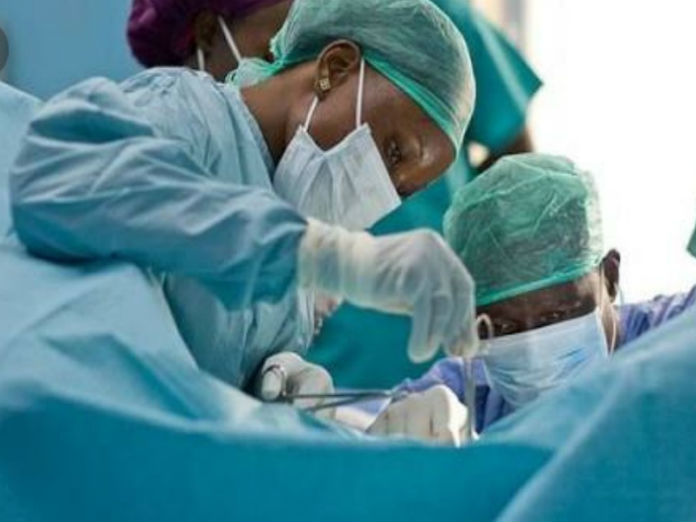Stop serving only rice, noodles to children, public health expert tells parents
State Correspondent
A public health expert, Mrs Folasade Oladele, has asked parents to desist from giving children mono diets of rice and noodles, in order to ensure a healthy brain and improved academic performance in schools.
Oladele, Oyo State Health Promotion Officer, speaking at a four-day media review meeting of the USAID-Breakthrough Action-Nigeria (BAN), said food packs of many children only contain rice or noodles, because mothers no longer cook meals for their families.
According to her, during school visitation by the ministry, some parents were found to send their sick children to school, because there is no one to care for them at home, with some even sending such children to school without food.
“Mono diet is rampant in the state and in our schools; we want mothers to start cooking their meals using the locally available foodstuff. There is no harm if the mother prepares beans, bean puddy (moinmoin) and bean cake, these are a bit cheaper.
“With mono diet, the child can become malnourished and perform poorly in school. That should be a concern for mothers. Mothers that get food for their children from eateries or food joints are doing more harm than good to their wards’ health.
“For a picky child that doesn’t like beans, the mother can add ripe plantain to sweeten it. Also, the beans can be served with yam or rice. The child will like it. Such children can also be served many locally available vegetables garnished with locust beans or fish,” she said.
The state coordinator of USAID-BAN, Mrs Toyin Afanchang, in her welcome address, said the agency is working on creating awareness of diseases such as tuberculosis and malaria, alongside COVID-19 vaccination, in order to ensure appropriate behaviour change and to know where best to seek healthcare services.
She said the quarterly media meeting was to review works by the media in the last six months on USAID-BAN thematic areas of intervention and to determine what could be done in the months afterwards.
In his remark, Mr Eze Eze, senior programme officer at USAID BAN, Abuja, asked the media to increase the promotion of positive social behavioural change, adding that only healthy people will listen to the radio or other mediums and can help to increase station rating.
“This is why the media and public health practitioners should actually work together because the public health practitioners want to reach out to the community members, which are also the group that the media target with their content. So, it is a win-win partnership,” he said.
(The Tribune)




